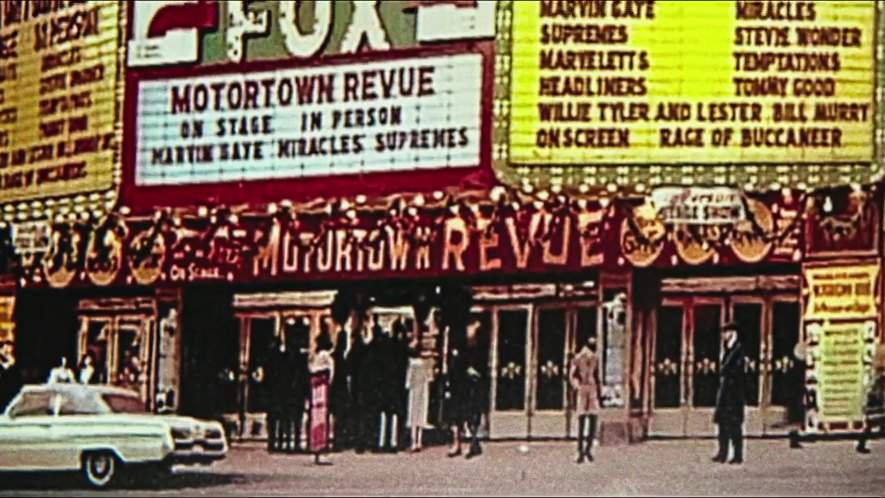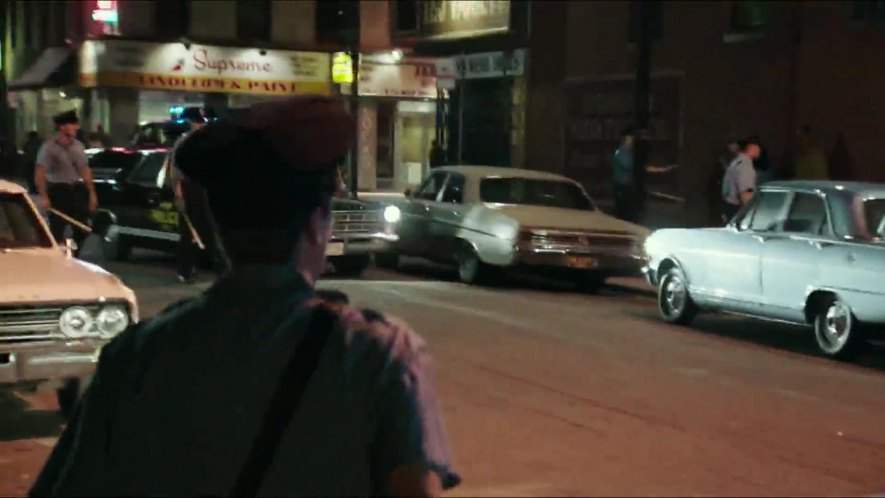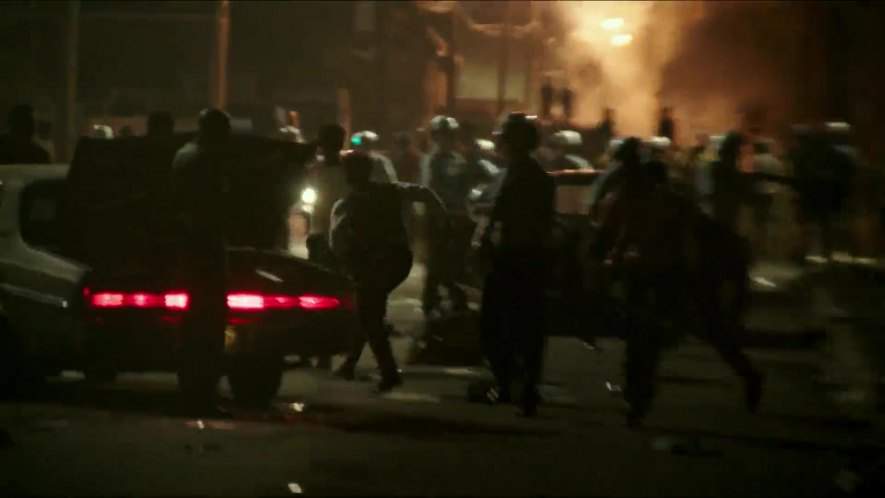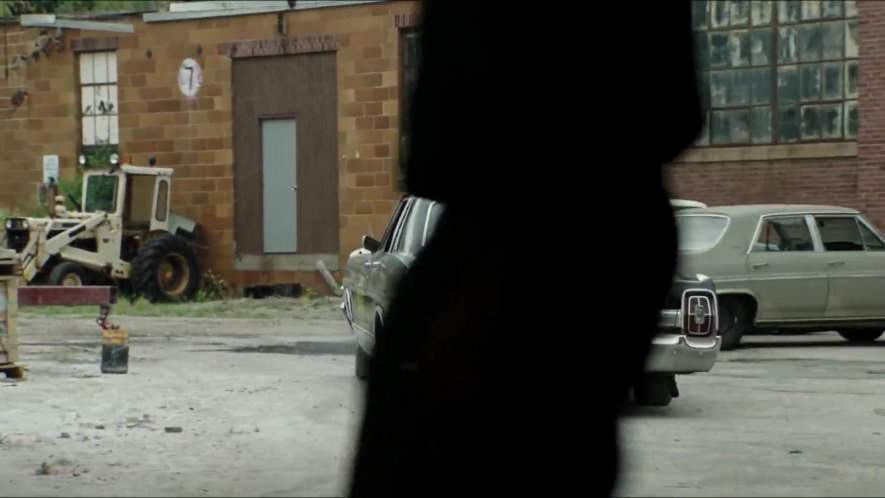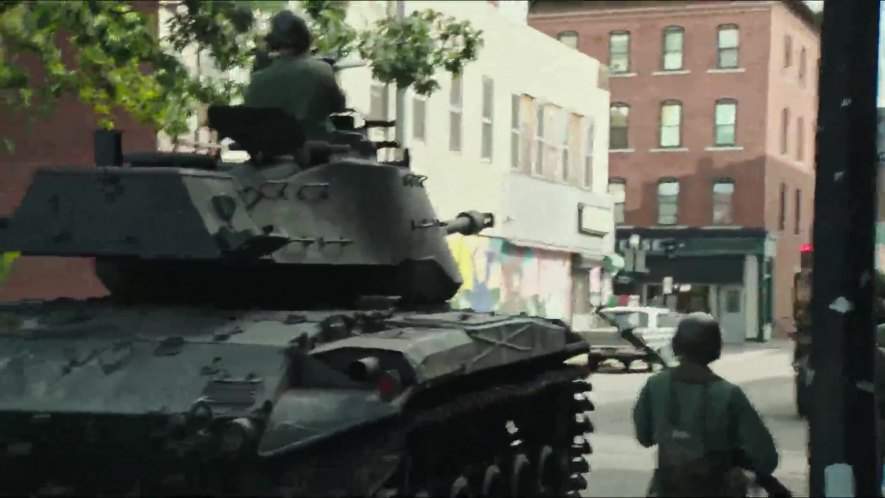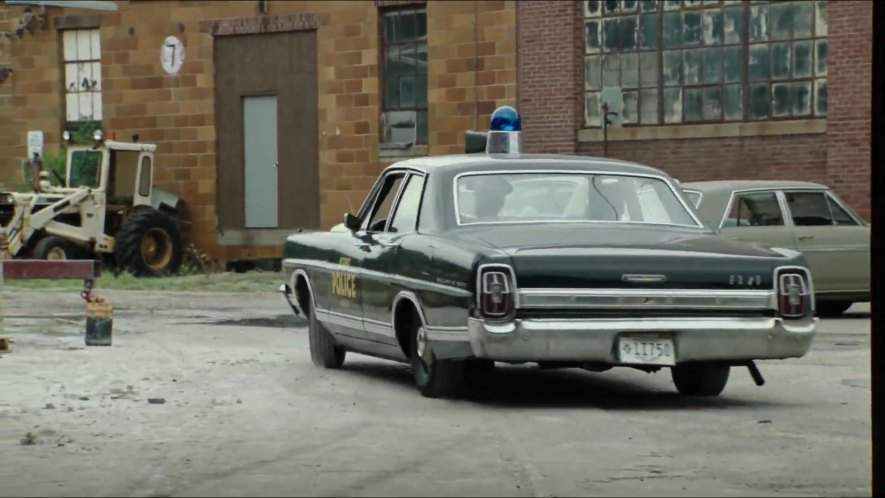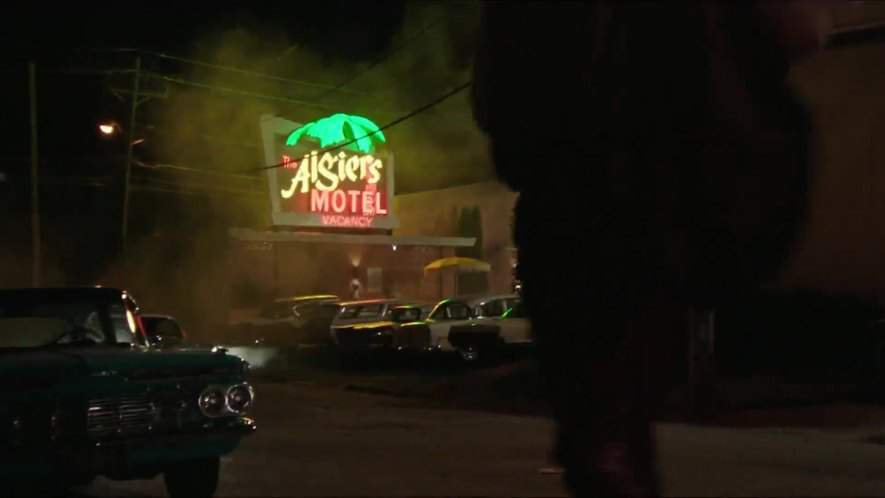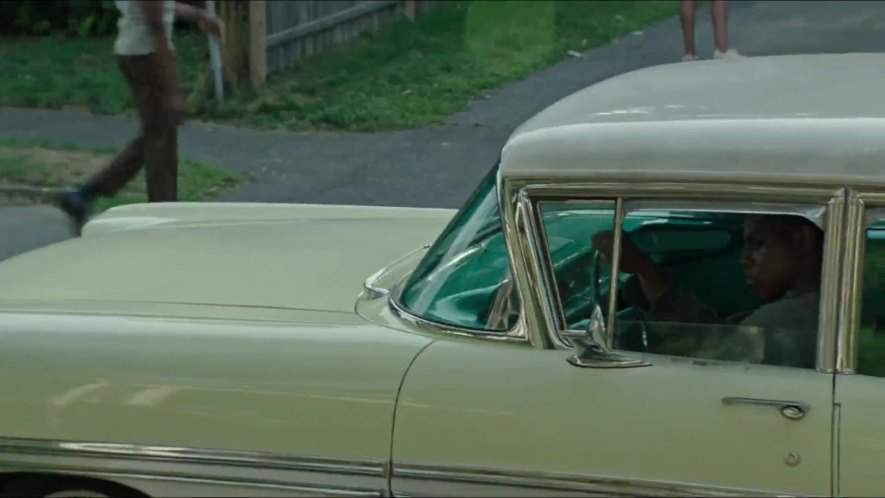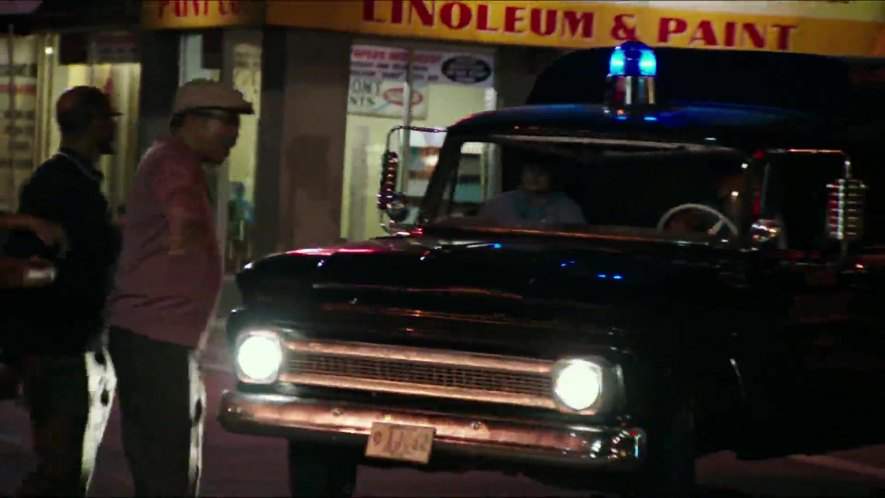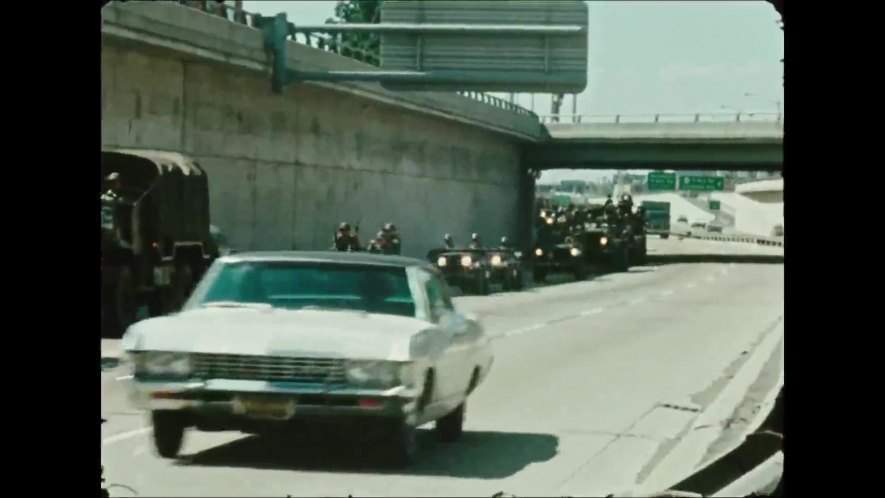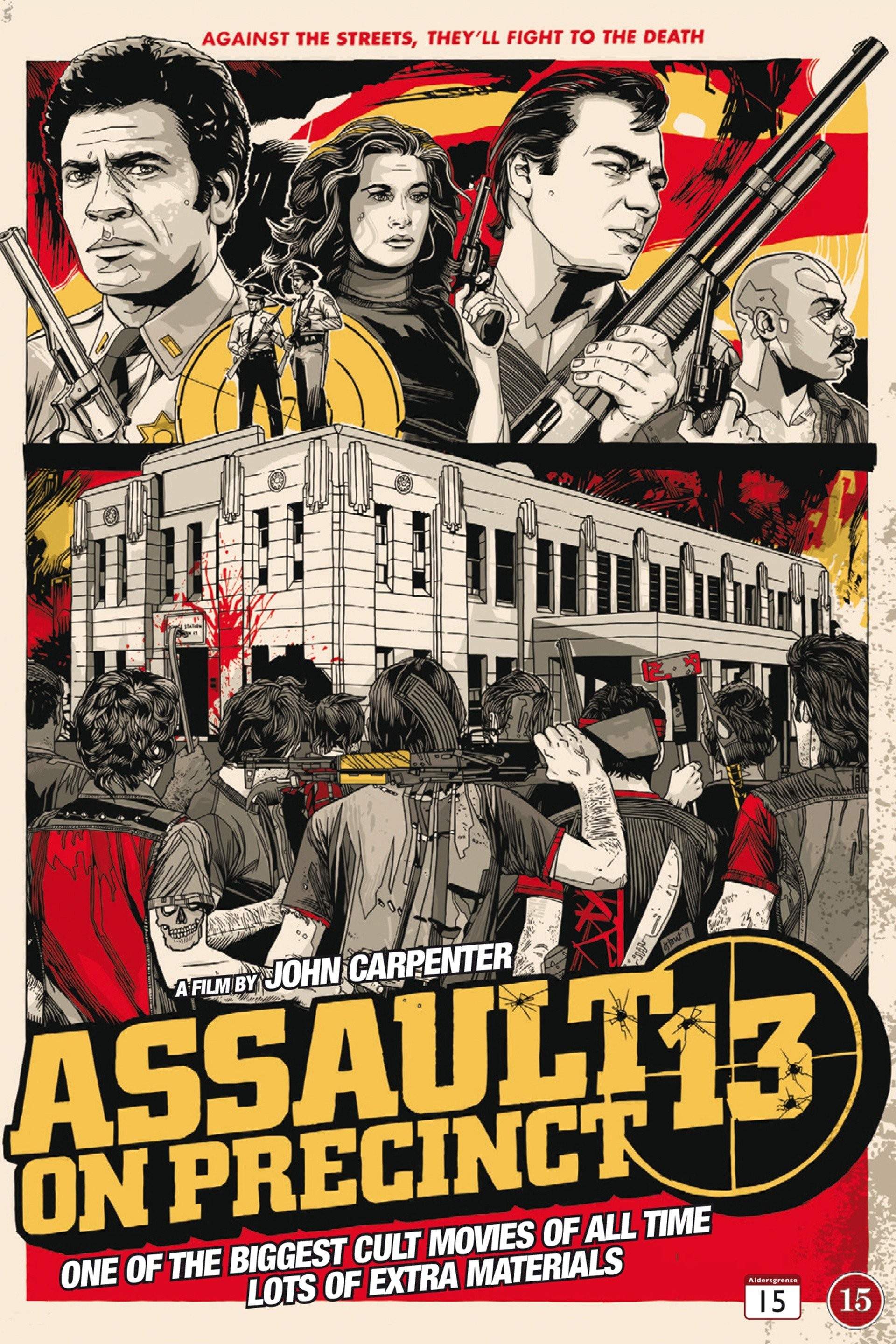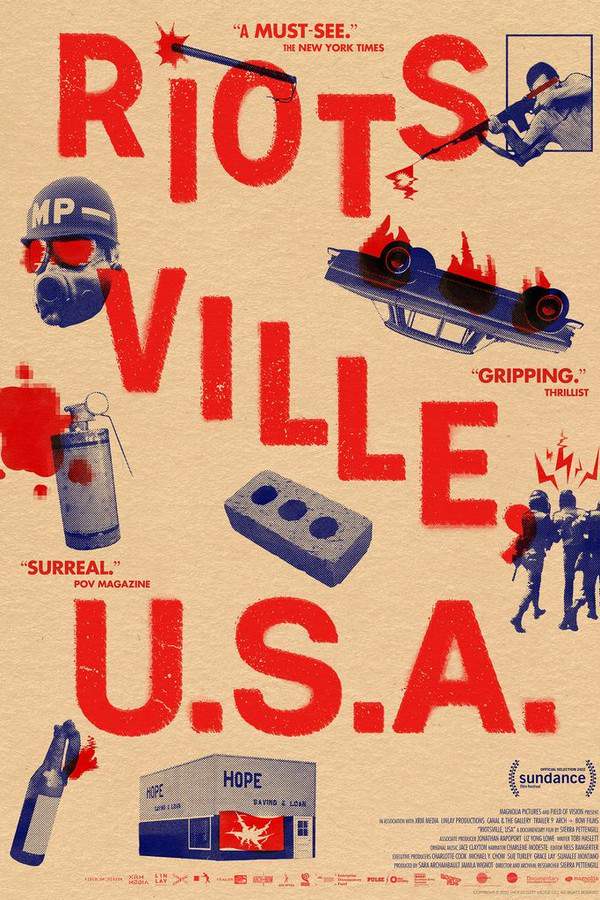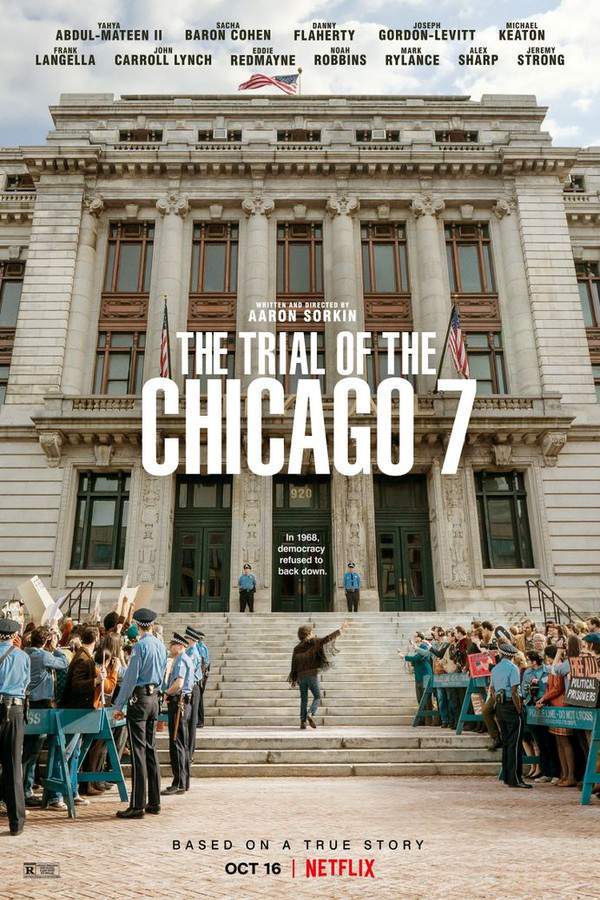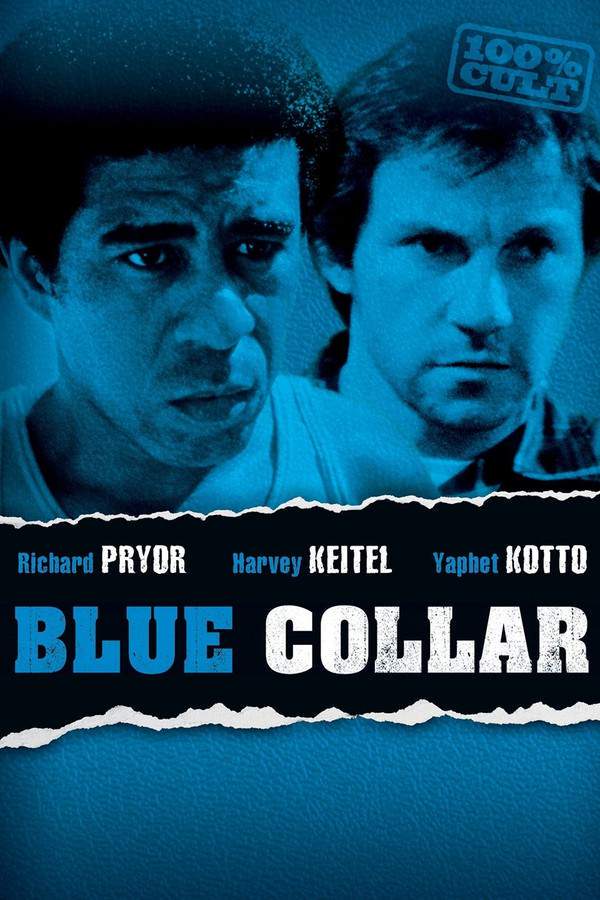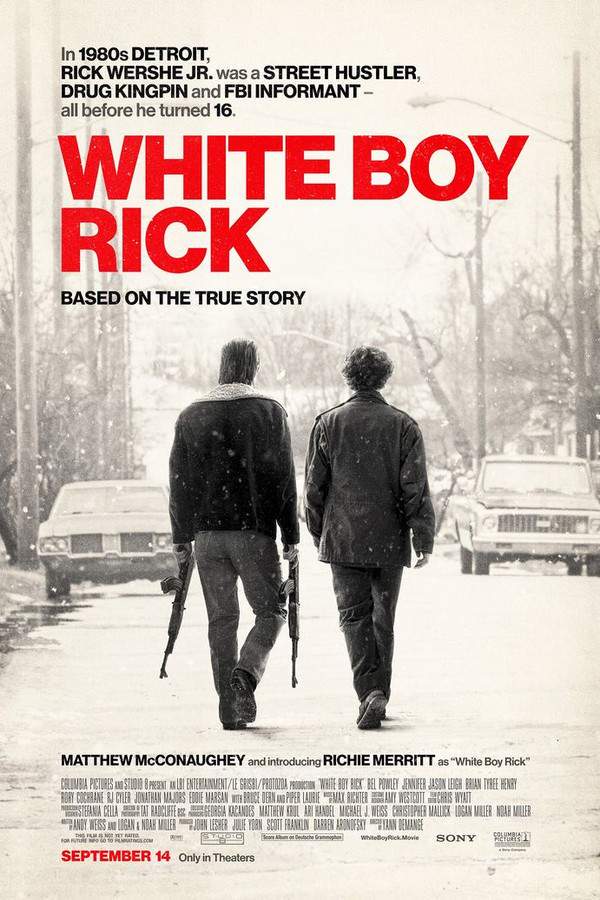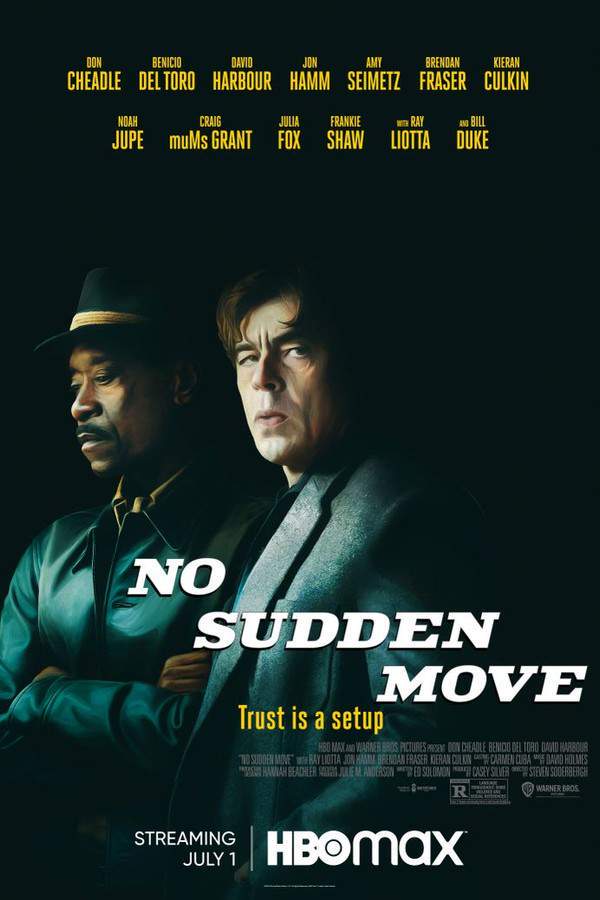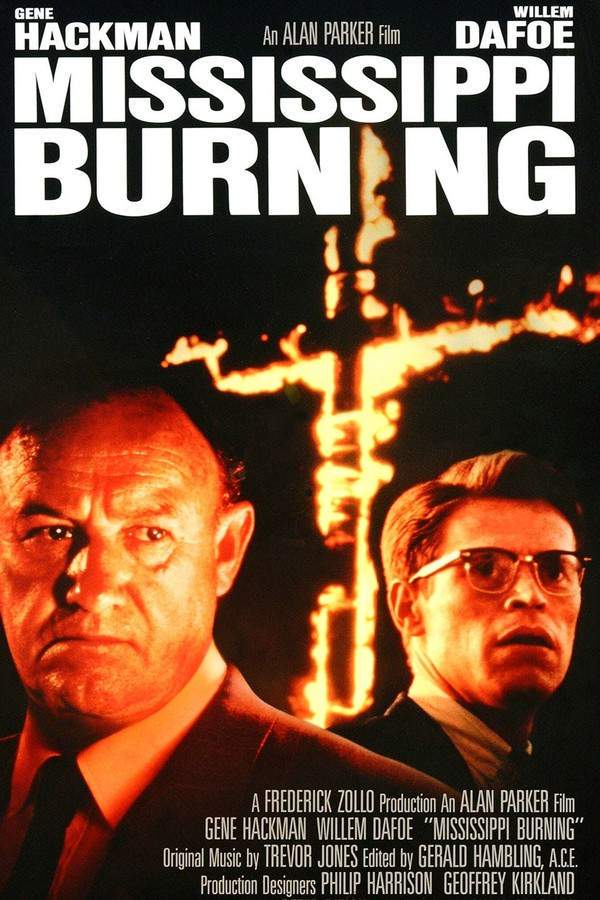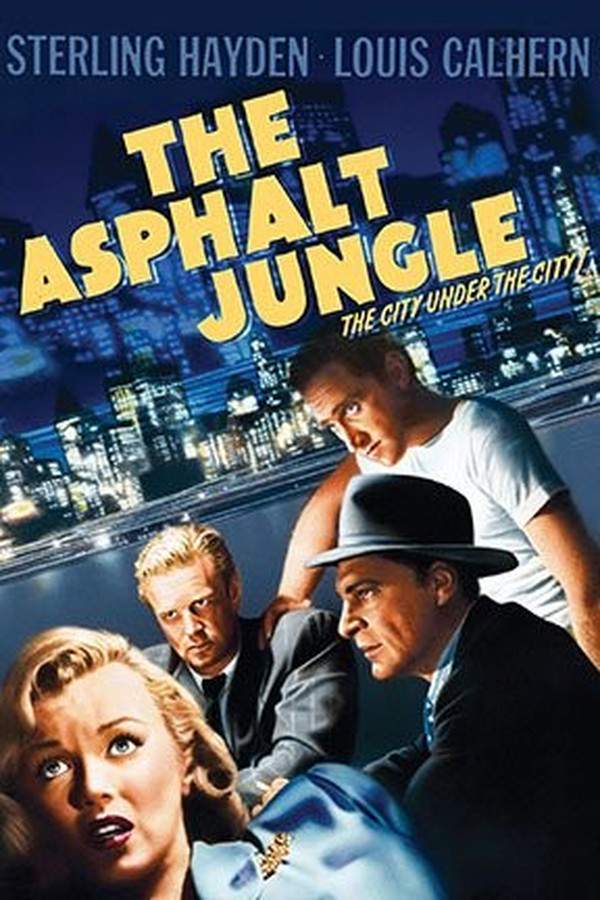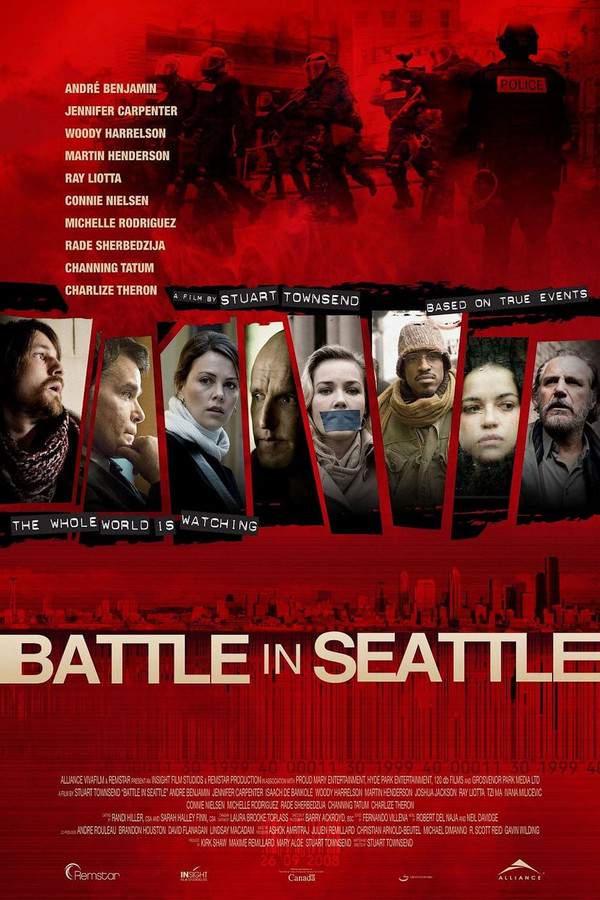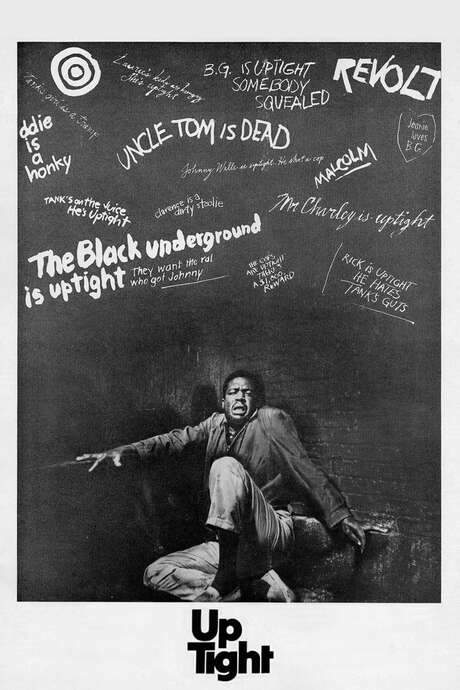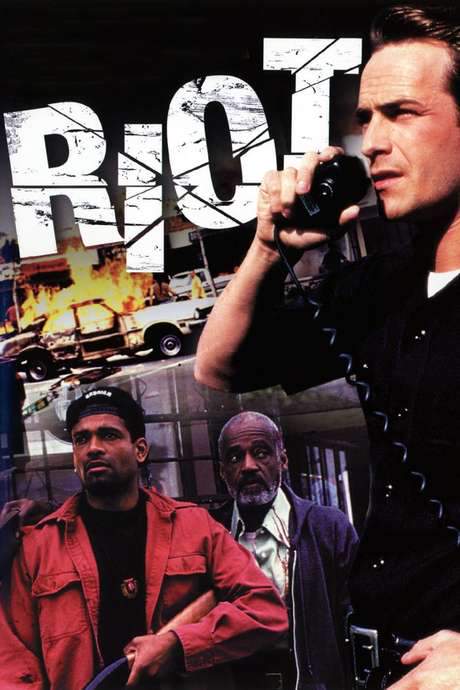Detroit 2017

During the Detroit riots of 1967, a tense situation escalates at the Algiers Motel. Following reports of gunfire, police and a militia group raid the motel, leading to a night of terror for its occupants. As officers abandon protocol, they resort to violence and intimidation, demanding confessions from the frightened residents. The events culminate in the deaths of three unarmed men and leave others severely beaten, exposing a shocking display of brutality and injustice.
Does Detroit have end credit scenes?
No!
Detroit does not have end credit scenes. You can leave when the credits roll.
Meet the Full Cast and Actors of Detroit
Explore the complete cast of Detroit, including both lead and supporting actors. Learn who plays each character, discover their past roles and achievements, and find out what makes this ensemble cast stand out in the world of film and television.
External Links and Streaming Options
Discover where to watch Detroit online, including streaming platforms, rental options, and official sources. Compare reviews, ratings, and in-depth movie information across sites like IMDb, TMDb, Wikipedia or Rotten Tomatoes.
Ratings and Reviews for Detroit
See how Detroit is rated across major platforms like IMDb, Metacritic, and TMDb. Compare audience scores and critic reviews to understand where Detroit stands among top-rated movies in its genre.

The Movie Echo Score
Detroit demonstrates strong directorial control and a persistent emotional drive, though its unrelenting brutality can tax viewer engagement. Multiple observers note the resolute visual language and immersive staging that bring historical events to vivid life, yet they also highlight a tendency toward fatigue as the narrative endurance stretches. Feedback points to uneven character intimacy and occasional pacing lapses amid thematic ambition. Ultimately, the film delivers a compelling and challenging experience that resonates more powerfully in its initial impact than in its extended duration.
The Movie Echo Score Breakdown for Detroit

Art & Craft
In terms of art and craft, Detroit exhibits confident direction with dynamic shot choices and brisk editing that heighten immediacy. The use of handheld camera work and an austere visual palette underscores the film’s tense atmosphere. Some critiques point to a sense of visual clutter in extended sequences, but overall the director’s stylistic choices anchor the narrative effectively.

Character & Emotion
In terms of character and emotion, performances are generally solid and convey palpable distress, most notably in central roles that embody the film’s stakes. However, reviewers often mention a lack of deeper character backstory and limited emotional access to supporting figures. This uneven depth results in strong individual moments but an inconsistent overall connection to the ensemble.

Story & Flow
In terms of story and flow, the film offers a tense, immersive depiction of the Algiers Motel incident that sustains engagement through visceral sequences. Critics and viewers note, however, that narrative scope narrows individual experiences at the expense of broader context, leading to occasional pacing lulls and muddled motivations. As a result, the plot remains compelling but uneven in focus.

Sensory Experience
In terms of sensory experience, Detroit leverages a forceful soundtrack, impactful sound design, and a stark visual style to underscore its thematic gravity. The interplay of Motown-era music and dynamic audio cues amplifies emotional resonance. Some find the relentless intensity overwhelming, yet these choices consistently reinforce the film’s immersive and unsettling tone.

Rewatch Factor
In terms of rewatch factor, the film’s unremitting tension and historical immediacy deliver a potent first viewing but may deter repeat engagements. While the visceral portrayal and thematic relevance linger in memory, the heavy subject matter and intense brutality can limit comfort on subsequent viewings. Overall, the lasting appeal is moderate.

77
Metascore
6.6
User Score


82%
TOMATOMETER

79%
User Score

7.3 /10
IMDb Rating

73
%
User Score

3.7
From 41 fan ratings

3.50/5
From 8 fan ratings
Take the Ultimate Detroit Movie Quiz
Challenge your knowledge of Detroit with this fun and interactive movie quiz. Test yourself on key plot points, iconic characters, hidden details, and memorable moments to see how well you really know the film.
Detroit (2017) Quiz: Test your knowledge on the tumultuous events depicted in the movie Detroit, set during the 1967 riots.
What event triggers the 12th Street riots in Detroit?
A police raid on an underground party
A protest against segregation
A football game
A holiday celebration
Show hint
Awards & Nominations for Detroit
Discover all the awards and nominations received by Detroit, from Oscars to film festival honors. Learn how Detroit and its cast and crew have been recognized by critics and the industry alike.
33rd Artios Awards 2018
Big Budget – Drama
Full Plot Summary and Ending Explained for Detroit
Read the complete plot summary of Detroit, including all major events, twists, and the full ending explained in detail. Explore key characters, themes, hidden meanings, and everything you need to understand the story from beginning to end.
In the tumultuous atmosphere of 1960s America, racial tensions were high, particularly in Detroit, where an increasingly polarized society existed. With a significant African American population residing in segregated neighborhoods overseen by an aggressive white police force, the fabric of community was fraying. On July 23, 1967, in an unfortunate turn of events, the Detroit police raided an unlicensed club during a joyous celebration meant for returning African American veterans from the Korean and Vietnam Wars. As arrests were made, a mob quickly gathered, escalating the situation as they hurled rocks at law enforcement and looted local businesses, culminating in the start of the 12th Street Riot.
Faced with the chaos, civil authorities struggled to restore order, prompting Governor George W. Romney to mobilize the Michigan National Guard along with Army paratroopers to assist in the escalating crisis. On the second day of riots, during a pursuit of a fleeing looter, Philip Krauss (Will Poulter) fatally shoots the suspect, ignoring direct orders, yet he is allowed to remain active until a decision is made on potential murder charges against him.
Amidst this turmoil, a renowned African American R&B group, The Dramatics, arrives in Detroit in hopes of securing a recording contract. Just as they’re set to perform at a local music venue, police intervene, closing the venue and evicting them from the city. Their tour bus is attacked by rioters, leading to the group splintering. Larry Reed (Algee Smith) and his friend Fred Temple (Jacob Latimore) find shelter at the Algiers Motel for the night, where they encounter two white girls, Julie Ann (Hannah Murray) and Karen (Kaitlyn Dever). They are introduced to Carl Cooper (Jason Mitchell) and Aubrey Pollard (portrayed by ****). After a prank turns sour, which upsets Julie and Karen, they decide to switch rooms.
Meanwhile, Melvin Dismukes (John Boyega), a private security guard, is tasked with protecting a grocery store from looters. As tensions mount, Carl discharges several blanks toward the troops, inadvertently provoking them into believing they are under sniper fire, leading to a tragic response. A contingent of police arrives, spearheaded by Krauss, who fatally shoots Carl as he attempts to flee, disgracefully planting a knife next to him as evidence.
What follows is a horrifying series of events where Dismukes and the police round up the hotel guests, coercing them under threats of violence to identify the supposed shooter. Despite a search yielding no weapon, Krauss becomes increasingly aggressive, subjecting the group to psychological torture disguised as a “game.” In a shocking series of betrayals, Aubrey is killed during the chaos, while the remaining guests are coerced into silence about the night’s events.
As the riots begin to ebb, the repercussions are felt deeply. Dismukes finds himself in a dire situation when he is arrested and wrongfully charged with murder after Julie erroneously identifies him from that fateful night. Amid investigations, many officers implicated are questioned, and with a lack of substantial evidence, the all-white jury ultimately acquits both Dismukes and Krauss, leaving Dismukes to confront the harsh reality of injustice.
In a poignant closing, the aftermath for those involved is revealed: Dismukes relocates to avoid retaliation and continues working as a security guard; Krauss and his colleagues remain on the force, though they never return to active duty; Julie rebuilds her life by starting a family; and Larry, haunted by past trauma, eventually finds solace as a choir singer, continuing to call Detroit home to this day.
Uncover the Details: Timeline, Characters, Themes, and Beyond!

Coming soon on iOS and Android
The Plot Explained Mobile App
From blockbusters to hidden gems — dive into movie stories anytime, anywhere. Save your favorites, discover plots faster, and never miss a twist again.
Sign up to be the first to know when we launch. Your email stays private — always.
Watch Trailers, Clips & Behind-the-Scenes for Detroit
Watch official trailers, exclusive clips, cast interviews, and behind-the-scenes footage from Detroit. Dive deeper into the making of the film, its standout moments, and key production insights.
Cars Featured in Detroit
Explore all cars featured in Detroit, including their makes, models, scenes they appear in, and their significance to the plot. A must-read for car enthusiasts and movie buffs alike.
Detroit Themes and Keywords
Discover the central themes, ideas, and keywords that define the movie’s story, tone, and message. Analyze the film’s deeper meanings, genre influences, and recurring concepts.
Detroit Other Names and Titles
Explore the various alternative titles, translations, and other names used for Detroit across different regions and languages. Understand how the film is marketed and recognized worldwide.
Similar Movies To Detroit You Should Know About
Browse a curated list of movies similar in genre, tone, characters, or story structure. Discover new titles like the one you're watching, perfect for fans of related plots, vibes, or cinematic styles.
Quick Links: Summary, Cast, Ratings, More

What's After the Movie?
Not sure whether to stay after the credits? Find out!
Explore Our Movie Platform
New Movie Releases (2025)
Famous Movie Actors
Top Film Production Studios
Movie Plot Summaries & Endings
Major Movie Awards & Winners
Best Concert Films & Music Documentaries
Movie Collections and Curated Lists
© 2025 What's After the Movie. All rights reserved.


























